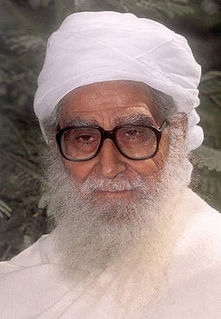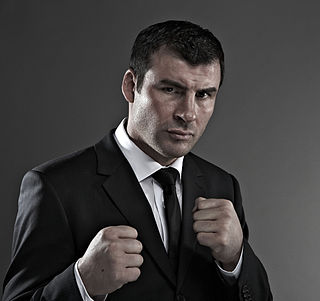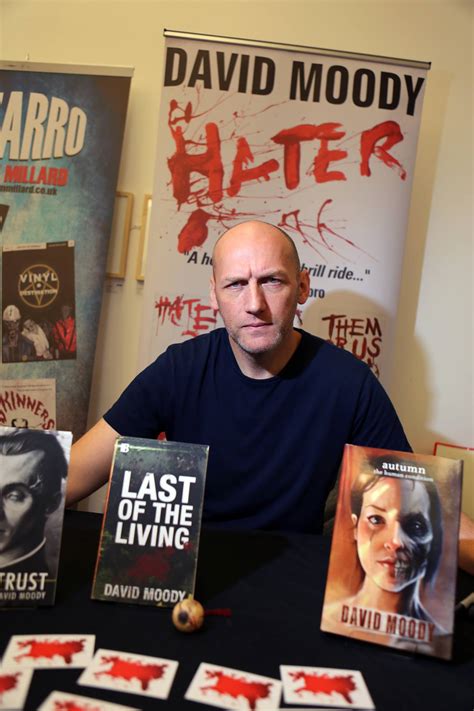A Quote by Rabindranath Tagore
... let us unite, not in spite of our differences, but through them. For differences can never be wiped away, and life would be so much the poorer without them. Let all human races keep their own personalities, and yet come together, not in a uniformity that is dead, but in a unity that is living.
Related Quotes
Valuing differences is what really drives synergy. Do you truly value the mental, emotional, and psychological differences among people? Or do you wish everyone would just agree with you so you could all get along? Many people mistake uniformity for unity; sameness for oneness. One word--boring! Differences should be seen as strengths, not weaknesses. They add zest to life.
As a social anthropologist, I naturally accept and even stress the fact that there are major differences, both mental and psychological, which separate the different races of mankind. Indeed, I would be inclined to suggest that however great may be the physical differences between such races as the European and the Negro, the mental and psychological differences are greater still.
We are all individualized expressions of God, of oneness. But we do have personality differences. Everyone who has had more than one child knows that they come in with personalities. The moment they come in - some come in screaming, some sleep through that first night and stay peaceful the rest of their lives - you see the differences.
Everyone wants to be happy; happiness is a right. And while on a secondary level differences exist of nationality, faith, family background, social status and so on, more important is that on a human level we are the same. None of us wants to face problems, and yet we create them by stressing our differences. If we see each other just as fellow human beings, there'll be no basis for fighting or conflict between us.
There are very real differences between science fiction and realistic fiction, between horror and fantasy, between romance and mystery. Differences in writing them, in reading them, in criticizing them. Vive les différences! They're what gives each genre its singular flavor and savor, its particular interest for the reader - and the writer.
We buy things. We wear them or put them on our walls, or sit on them, but anyone who wants to can take them away from us. Or break them.
...
Long after he's dead, someone else will own those stupid little boxes, and then someone after him, just as someone owned them before he did. But no one ever thinks of that: objects survive us and go on living. It's stupid to believe we own them. And it's sinful for them to be so important.
The prevailing tendency to regard all the marked distinctions of human character as innate, and in the main indelible, and to ignore the irresistible proofs that by far the greater part of those differences, whether between individuals, races, or sexes are such as not only might but naturally would be produced by differences in circumstances, is one of the chief hinderances to the rational treatment of great social questions, and one of the greatest stumbling blocks to human improvement.
Let us not be blind to our differences-but let us also direct attention to our common interests and to the means by which those differences can be resolved. And if we cannot end our differences, at least we can help make the world safe for diversity. For, in the final analysis, our most common link is that we all inhabit this small planet. We all breathe the same air. We all cherish our children's future. And we are all mortal.
For the church is not a human society of people united by their natural affinities but the Body of Christ, in which all members, however different, (and He rejoices in their differences and by no means wishes to iron them out) must share the common life, complementing and helping one another precisely by their differences.
Until now we’ve discriminated against each other according to race, religion, age, gender and just about every other differentiation imaginable. Look around you tonight and you’ll see that those differences are gone. Now, to put things as simplistically as possible, there is just “us and “them”, and it is impossible for us to coexist. We have no alternative but to fight, and we must keep fighting until we have wiped them out.







































